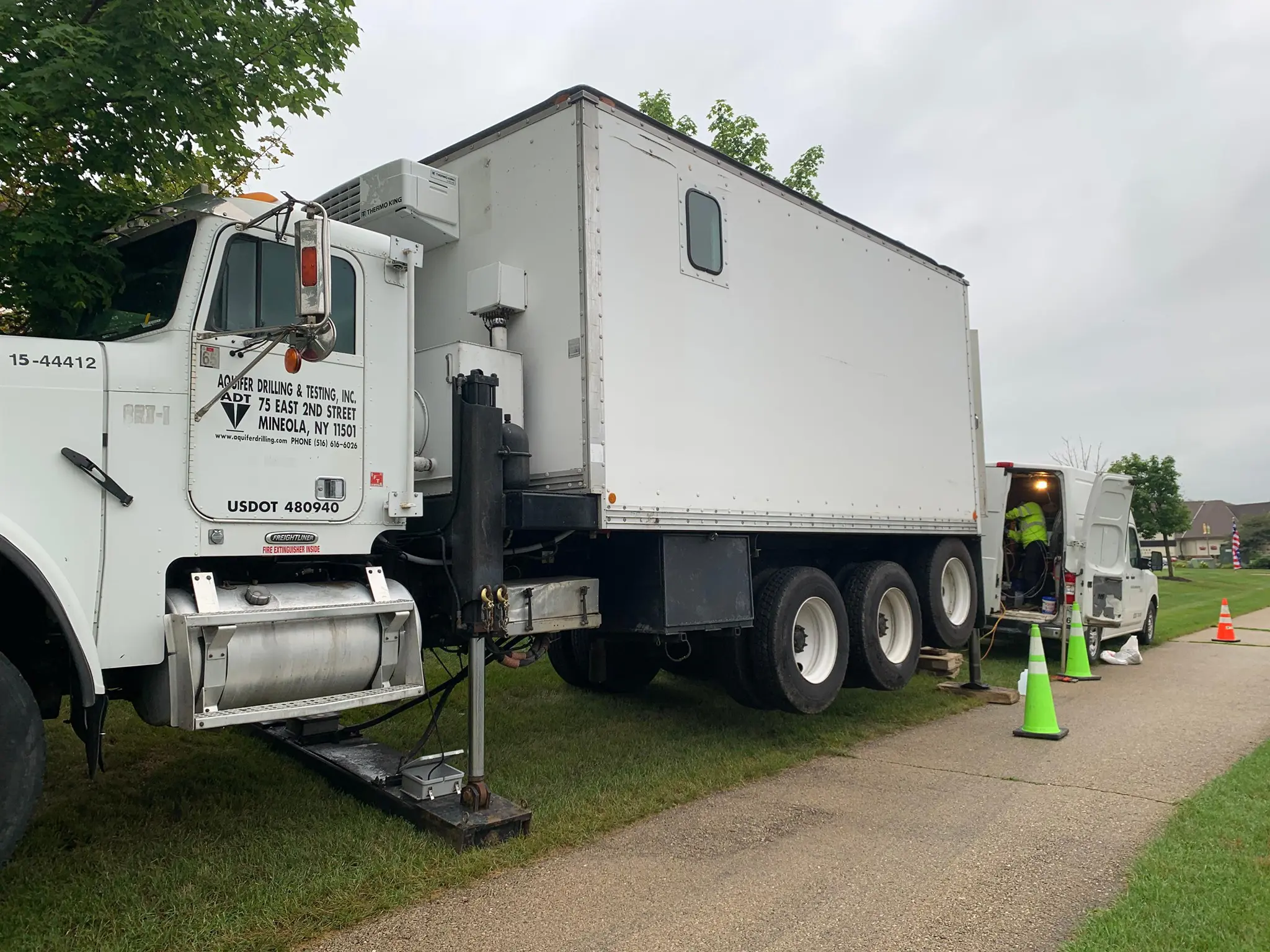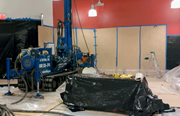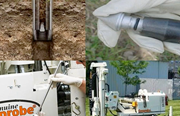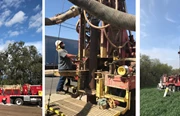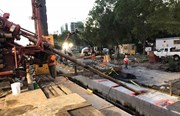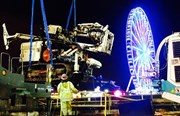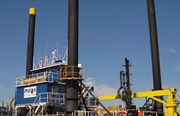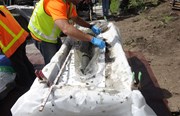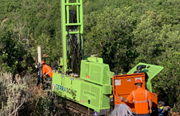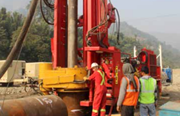5 Questions to Ask a Drilling Contractor Before Hiring Them for Well Development and Rehab
By: Dale Emerson
Drilling a well seems straightforward—so choosing a drilling contractor for the job should be, too, right?
Not so fast.
Even for simple well designs, it’s important to work with an drilling contractor that knows what they’re doing and has the tools and experience to draw on if anything goes wrong. In this blog post, we’ll share five questions you should ask when vetting contractors for your well development project.
Do you have experience drilling this specific type of well?
There are a lot of different types of wells—mining wells, monitoring wells, water wells, injection wells, etc.—and each type can involve different equipment, designs, goals, or even regulations mandating how they are developed.
Some drilling companies specialize in one or two types of wells. If they haven’t developed many wells similar to the kind you need, they may not know the most efficient and cost-effective way to get the work done, and they aren’t going to know how to address problems if they arise. Your contractor should have plenty of experience with the type of well you need, and be able to discuss specific projects they’ve worked on and how those wells performed.
In this project, a combination of air and mud rotary drilling with custom safety engineering controls was used to successfully rehab production wells for a mining company. The company saved thousands of dollars and avoided the total loss of two production wells damaged by vandals.
Do you have the right drilling equipment?
Many drilling contractors have a limited range when it comes to their equipment, and some of them may want to try to do the job with what they have—even if it isn’t best for your project. It’s important to ensure you work with a company that has wide variety of drilling technologies in their fleet so you know they’re choosing the right equipment for your well. If you would like to learn more about they types of drilling technologies and techniques, check out Firm Foundations: Drilling Basics.
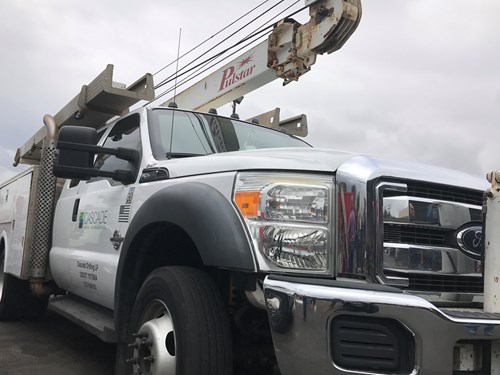
How do you ensure you can perform well development or rehab on sites that have limited or restricted access?
You may require wells to be drilled, maintained or rehabbed anywhere from the side of mountain to an urban neighborhood with heavy pedestrian and vehicle traffic. These types of sites are referred to as limited access or restricted access. In places where standard rigs can’t access, how does your contractor plan to access the site and do the work?
The best answer to this question involves two parts: equipment and experience. If the contractor you’re considering doesn’t have a rig that can go off road, it’s unlikely that remote mountain well is going to get drilled (at least by them). And if they don’t have smaller rigs that can fit on sidewalks or between buildings, the contractor may be unable to develop your well in the urban location, too.
But even if a contractor has the equipment, it’s important that they have experience, too. Ask if their drillers have worked on limited and restricted access projects in the past and how they overcame challenges related to the space.
How do you handle rehabbing wells that are in worse shape than expected?
On well rehab projects, it’s often hard to know what shape the well is in until you get to the site to check it out. Your contractor may realize that the well has deteriorated much more than anticipated. It’s important to ask potential contractors what they do when that arises—are they going to have alternative methods for rehabbing the well? Will they provide you with data and cost estimates to compare rehab with developing a new well?
The important thing is that the contractor you choose has an answer to this question—that they can demonstrate they will work with you to find the best solution, and make sure you can make an informed decision.
Can you perform testing to demonstrate the level of production?
It’s important to know how your well is performing. This is true when it is first developed as well as throughout its lifespan. If you are not tracking well performance, you will miss signs that it is beginning to fail—and subsequently, miss out on the chance to rehab instead of replace it.
Once a well is rehabbed, testing is still smart. You want to understand how much improvement was gained from the rehab project to confirm it was worth the cost and effort.
Do you offer a guarantee of production?
This is a bit of a trick question, but it’s a quick way to rule out people who shouldn’t be working on your wells. When it comes to well development and rehabbing, nothing is certain—and anyone offering a guarantee either doesn’t know enough to understand that or is trying to pull a fast one. A good drilling contractor should be able to provide educated estimates about outcomes, but they will always come with the caveat that there are unknowns that can impact your results.
If you're interested in well maintenance or redevelopment to extend the life of your wells (and save time and money), we'd be happy to discuss your project.




